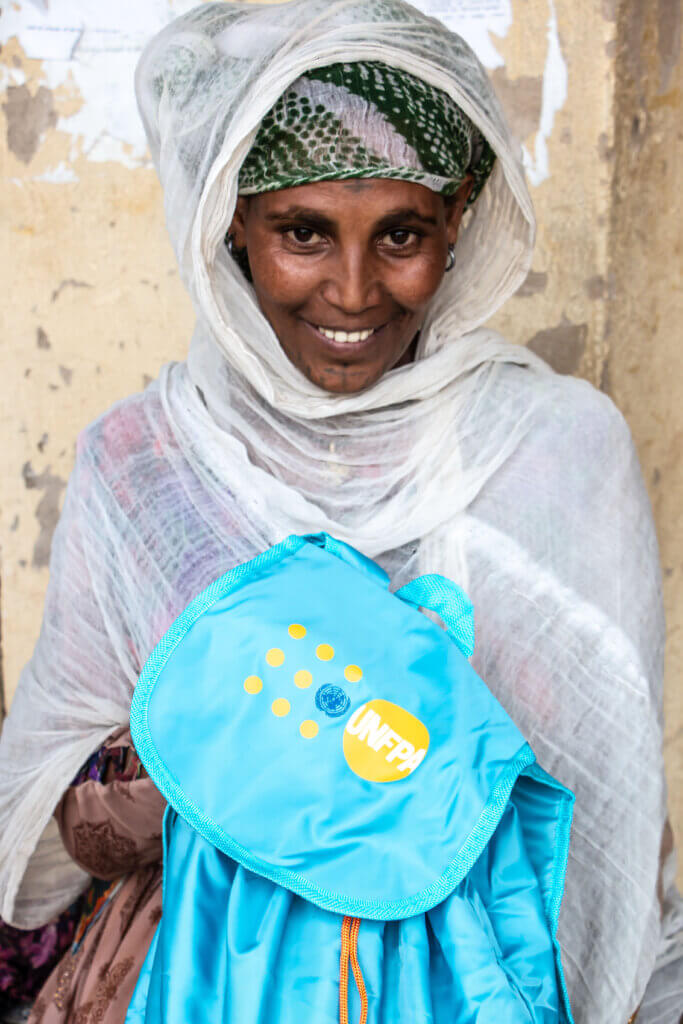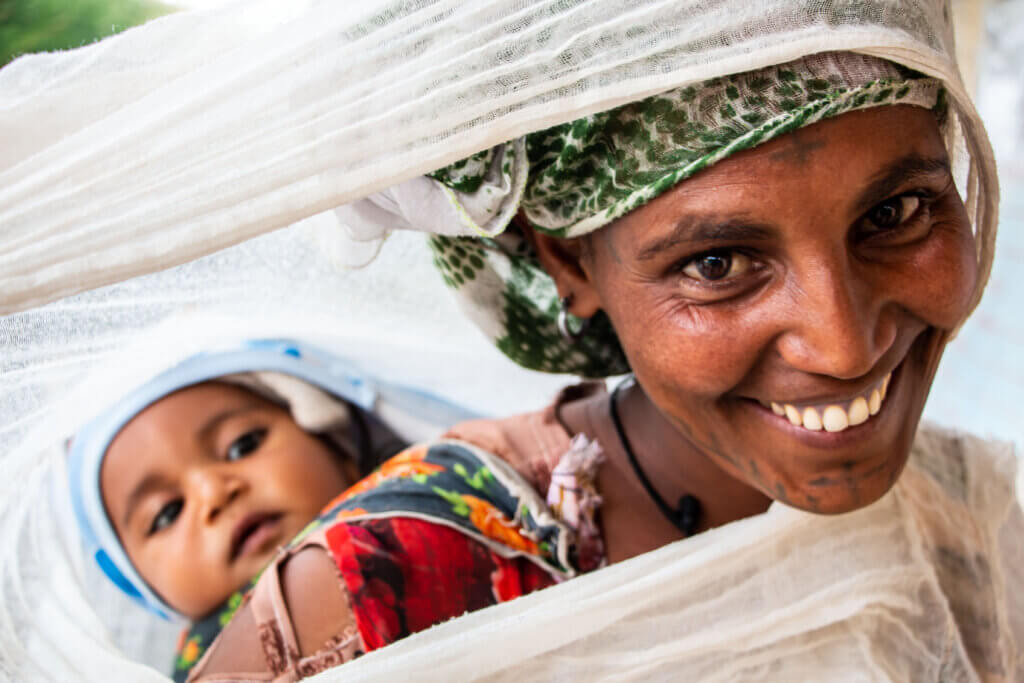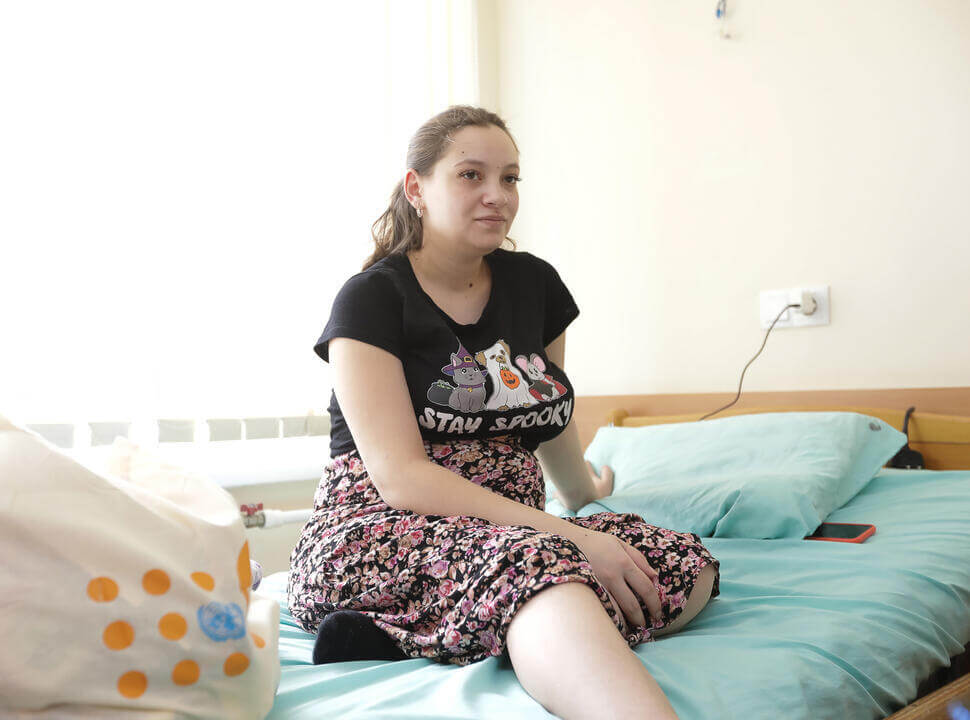Every day, mothers around the world make sacrifices — from juggling a difficult career to migrating to a new country — so their children can have safer, healthier lives.
But mothers are at risk, too. Every day, more than 800 women will die from preventable pregnancy and childbirth complications. Nearly 700 of these women live in Sub-Saharan Africa or in South Asia, where issues like poverty, poor infrastructure, climate change, and high levels of gender inequality jeopardize their access to care.
Women do not stop becoming pregnant or going into labor when disaster strikes. That’s why we provide women with emergency birth kits, which contain items like gloves, a razor, and a tarp, so women can give birth safely and prevent infection, even in a crisis. We also distribute mama kits, so new moms have supplies like postpartum pads, baby diapers, baby clothes, and blankets, to care for themselves and their newborn after birth.
With Mother’s Day just around the corner, you can be there, too, by providing UNFPA emergency birth kits and mama kits to women in crisis settings.
Keep reading to hear from women who you reached with these lifesaving kits:
Emebet in Ethiopia
Unrest in Ethiopia’s Tigray and Amhara regions have left millions like Emebet caught in the crossfire. Her house was burnt to the ground and her cattle were killed in the conflict, leaving her with no income or support during her pregnancy. Luckily, Emebet received a UNFPA emergency birth kit, so she could give birth safely, no matter where she was. Today, she is still displaced and her baby is 7-months old, but thankfully, and both Emebet and her baby are healthy.
Emebet is far from the only woman whose pregnancy has been disrupted by conflict in the region. Many women like her fled to Sudan, where flooding and escalating conflict has left too many people with no where to turn. We remain on the ground in these areas distributing lifesaving care like emergency birth kits and mama kits.
Natasha in Ukraine
Natasha was 7-months pregnant when war broke out in Ukraine, and just three days into the invasion, she knew she had to make the difficult decision to leave. So, with her three-year-old in tow, Natasha boarded a crowded train, took a taxi, and finally walked 12 hours in freezing temperatures to cross the border into Moldova. “Nobody cared that I was pregnant and tugging my daughter along. I can’t be angry at those who didn’t stop for us though. Most of the cars were full,” she remembers. Once she was at the refugee center, Natasha received emergency prenatal care from UNFPA. She also received an emergency birth kit, so if something happened to the center or the nearby health facilities, Natasha would have the she needed to give birth and prevent infection.
Elimlim in Kenya
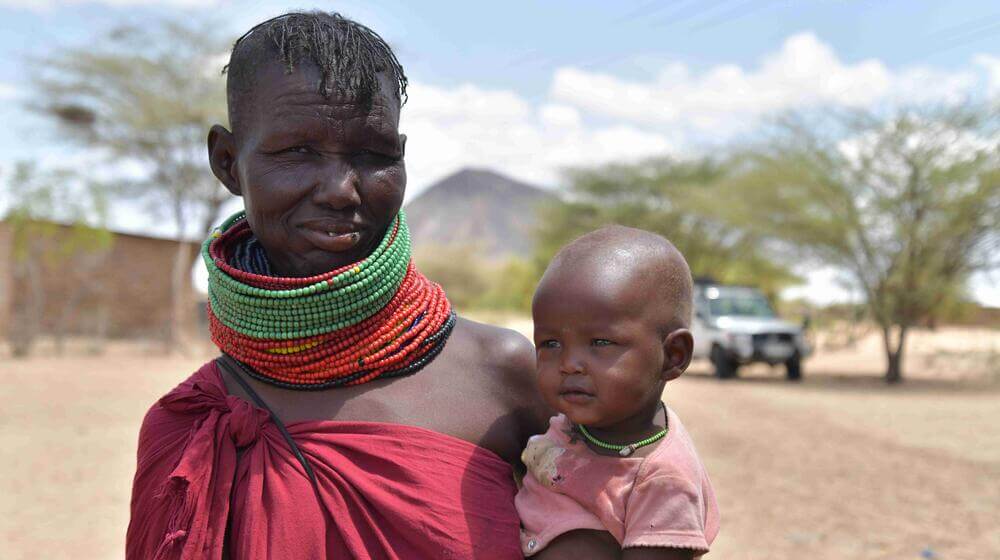
“We have to walk for more than 4 miles to find water, and sometimes what we find isn’t safe to drink,” said 39-year-old Elimlim. While holding her 7-month-old baby in her arms, she described to us how she would dig for water from dry river beds, sometimes for hours, often without success.
Kenya, and the entire Horn of Africa region, is under siege by the worst drought in 40 years. Without water, communities like Elimlim’s are unable to raise livestock or cultivate crops, and pregnant women in these communities are at risk of complications from anemia and malnourishment. We have been distributing mama kits to women like Elimlim across Kenya, so they have the supplies they need to care for themselves and their babies after birth.
Cahide in Türkiye
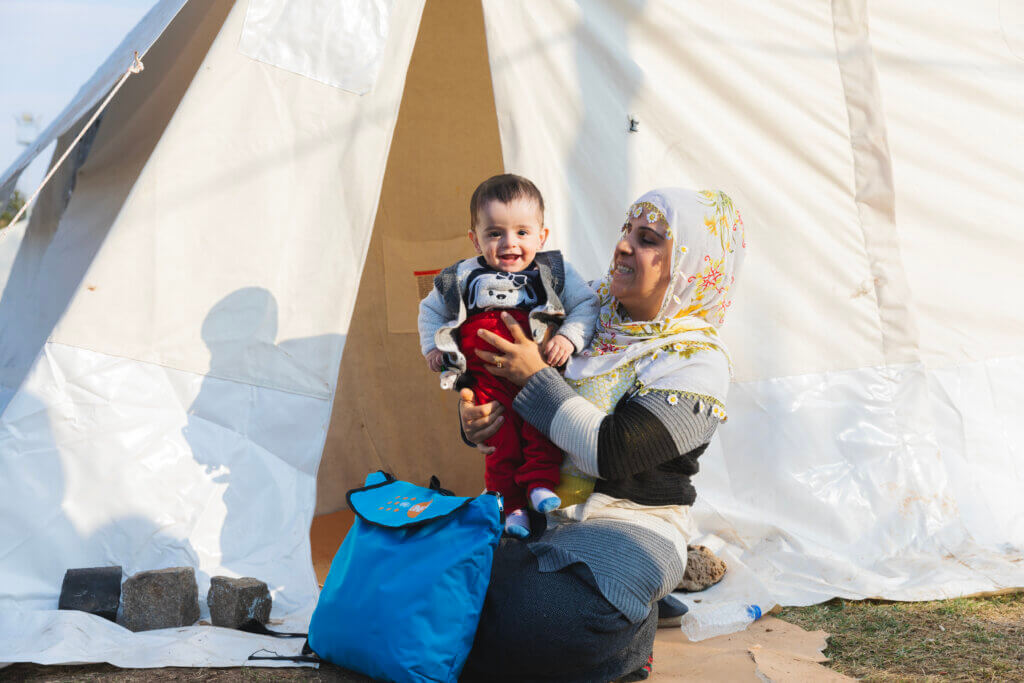
Cahide’s son, Furkan, was just 5-months-old when devastating earthquakes wracked Türkiye and Sryia in February 2023. She was thankful to be safe, but her home, many nearby health facilities, and many of her baby items had been destroyed. Cahide began living in a temporary shelter, and, thanks to your support received a mama kit from UNFPA. Now, she is able to take of herself and Furkan while she figures out a more permanent living arrangement.
What your support means
Your support is a lifeline for women like Emebet, Natasha, Elimlim, and Cahide. By providing emergency birth kits and mama kits, you ensure that women have they supplies they need to prevent infection during childbirth and care for their newborns, even in a crisis. Please donate today.
